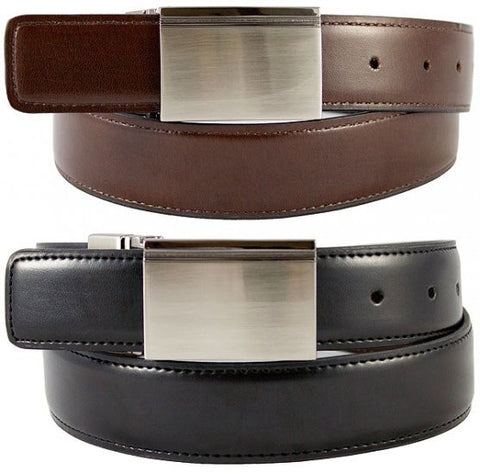Your Cart is Empty
Free Shipping on all Orders Over $50 in the US
Free Shipping on all Orders Over $50 in the US
Free Shipping on all Orders Over $50 in the US
November 09, 2014 3 min read
What’s wrong with Leather?
Most leather comes from the skin of animals raised for meat. Contrary to popular belief, animal skins (along with wool, fur, feathers) are not the byproduct of the meat industry. In fact, a cow’s skin can be the most profitable portion of the cow’s body, making up half of all profits of slaughterhouses that process cattle. Leather is a not a by-product, it is a co-product. This means that leather helps make the meat industry—and animal farming—profitable, which is destroying the planet.

Common overcrowding
If you’ve seen COWSPIRACY: THE SUSTAINABILITY SECRET, then you know that animal agriculture is a leader in resource depletion and environmental degradation.

People’s Climate March, New York City 2014 – Courtesy of Huffington Post
Hell on Earth
The factory farming industry strives to maximize output while minimizing costs—always at the animals’ expense. Factory farms are hell on earth for the animals. They are crammed by the thousands into filthy, windowless sheds and confined to wire cages, gestation crates, barren dirt lots, and other cruel confinement systems. Most won’t even feel the sun or breathe fresh air until the day they are loaded onto trucks bound for slaughter. Many of the millions of cows and other animals who are killed for their skin endure the horrors of factory farming—extreme crowding and deprivation as well as castration, branding, tail-docking, and dehorning—all without any painkillers. At slaughterhouses, animals routinely have their throats cut and some are even skinned and dismembered while they are still conscious.

Courtesy of Cao Hui’s – His art invites us to meet the victims of our appetites and our fashion choices
The Toxic Price of Leather
The tanning process used to preserve animals’ skin is also one of the most toxic in the world, using huge quantities of chemicals and heavy metals that pollute air, soil and water. These toxins include lead, zinc, formaldehyde, dyes and cyanide-based chemicals which are carcinogenic, can be fatal and cause cancer, birth defects and blindness. An estimated 225 environmental and health damaging chemicals are used in leather production to stop the natural decomposition process of a dead animal.
Tanning is especially polluting in countries where environmental regulations are lax. In Kanpur, the self-proclaimed "Leather City of World" with 10,000 tanneries as of 2011, the Ganges River, was ranked as the fifth most polluted river of the world in 2007, threatening 3 million people on the banks of the river, along with more than 140 fish species, 90 amphibian species and the endangered Ganges river dolphin.

Leather tanning in Fes, Morocco
Better than Leather
The good news: Fashion can be cruelty-free, environmentally-friendly, high-quality, and look great all at the same time! Leather alternatives can be found just about anywhere you might shop. In fact, many designers create sustainable fashion from recycled cotton, recycled ultrasuede, recycled plastic bottles and alternative materials such as hemp and tencel – sparing the lives of countless animals, saving resources, and helping to reduce the amount of products from ending up in landfills and oceans. A few leather alternatives include:
Can you tell the difference? You don’t have to. But the animals and the planet need to!

The Alexander Reversible Belt by The Vegan Collection made of synthetic microfiber

The Dafi by Tracce Bags made of polyurethane
Comments will be approved before showing up.